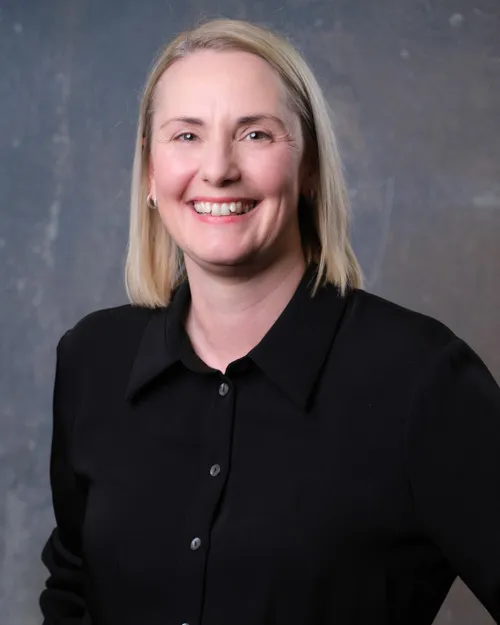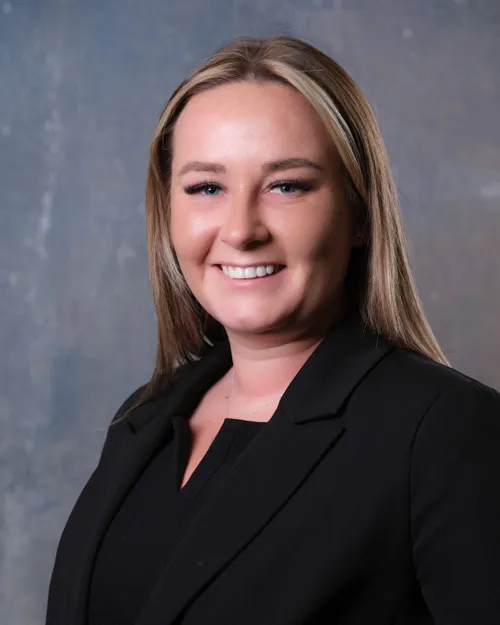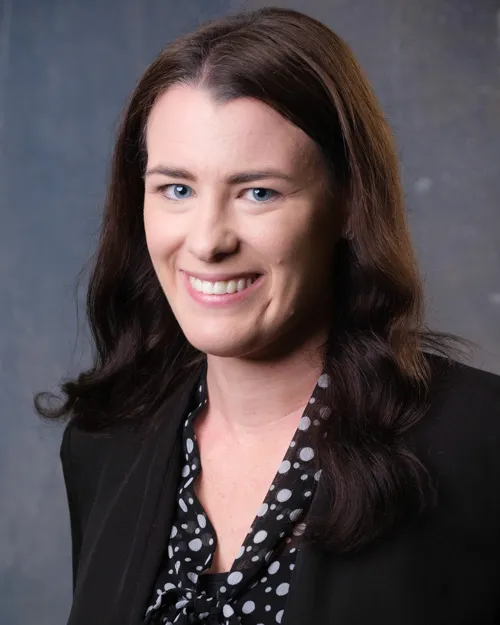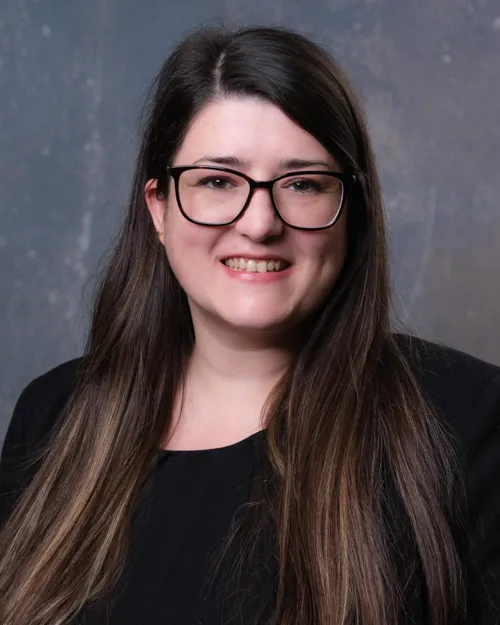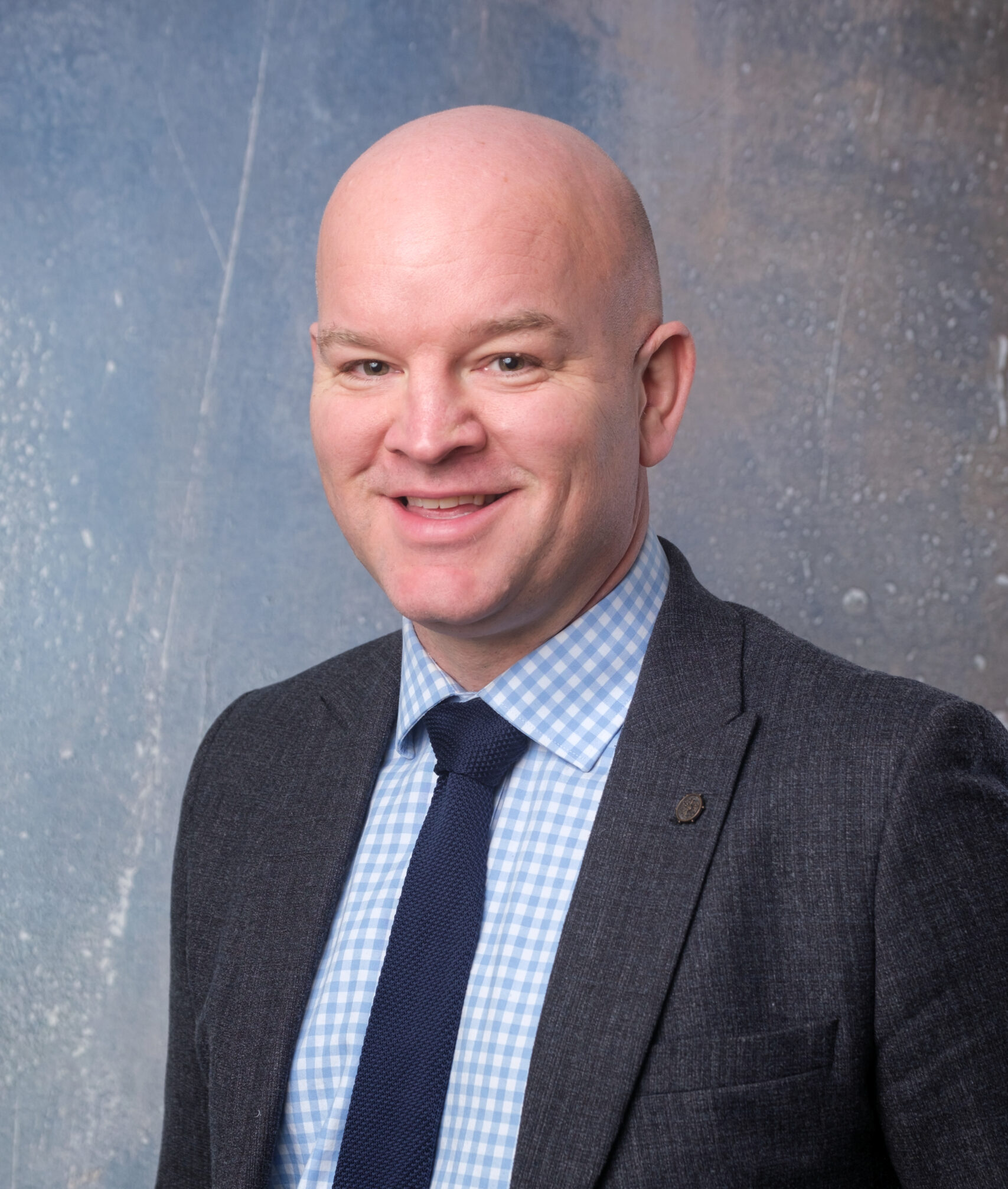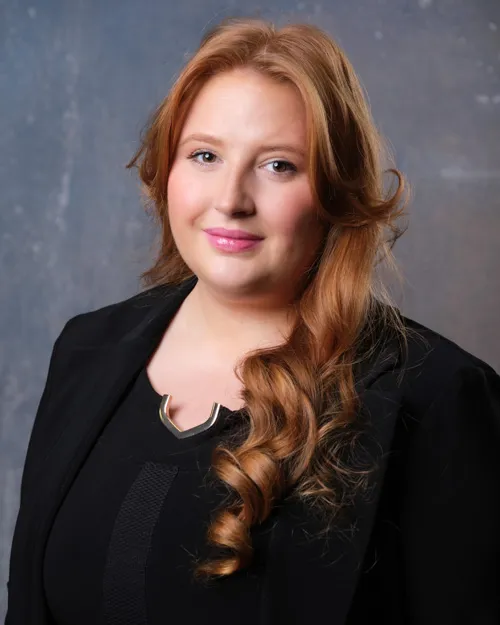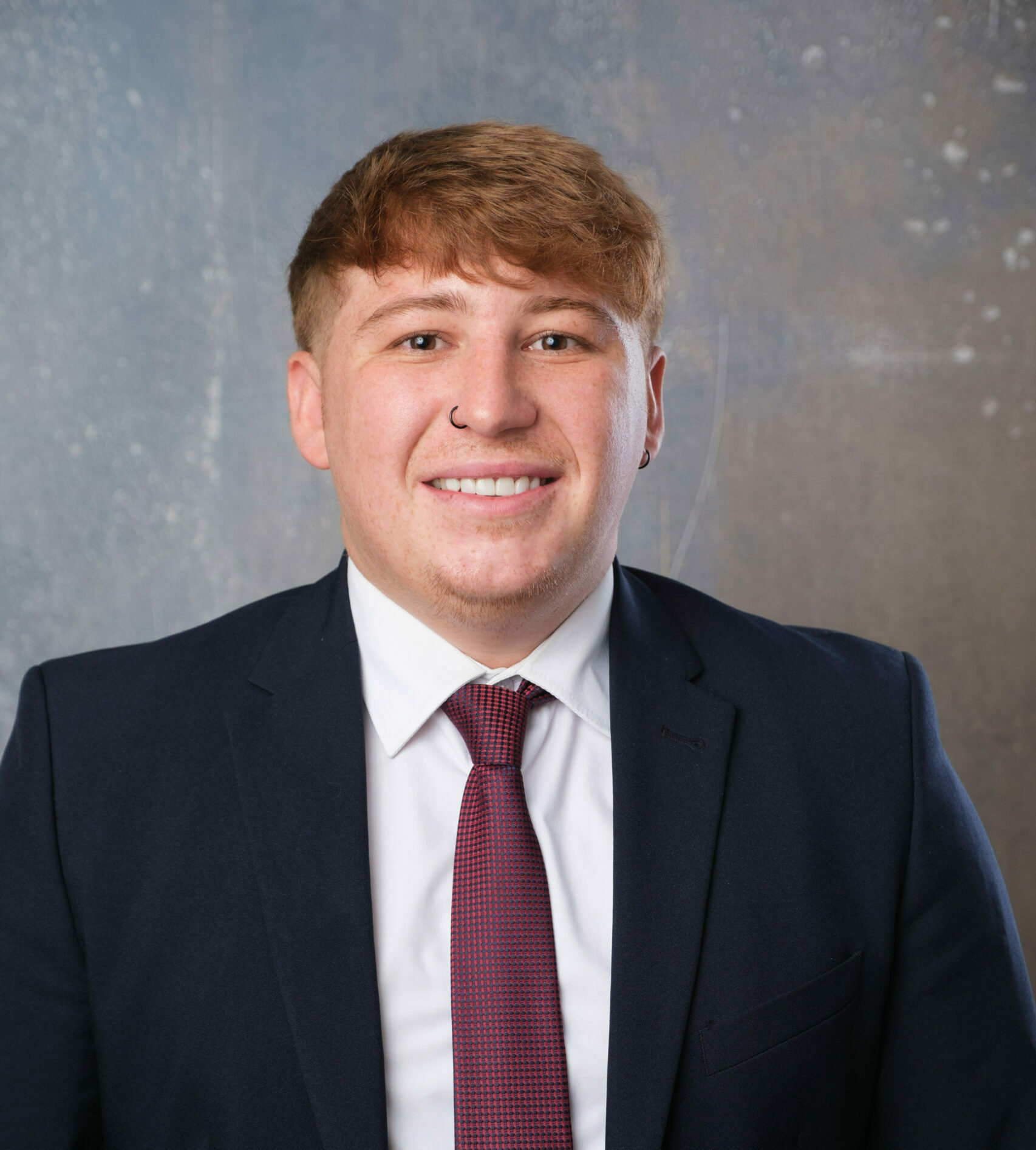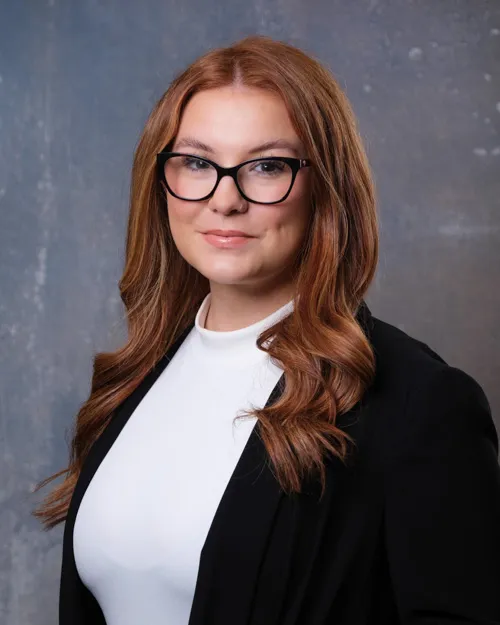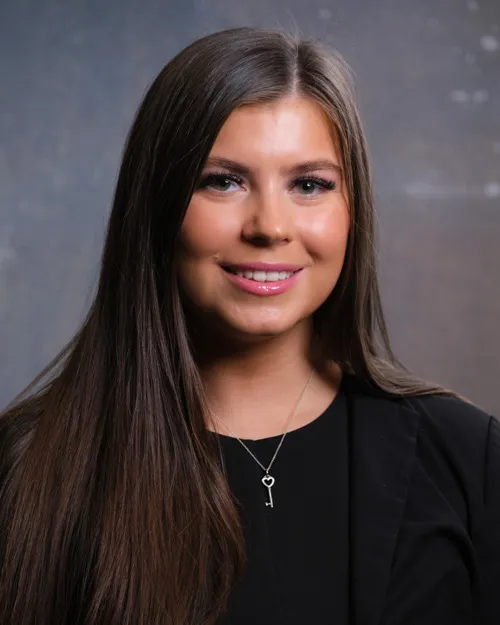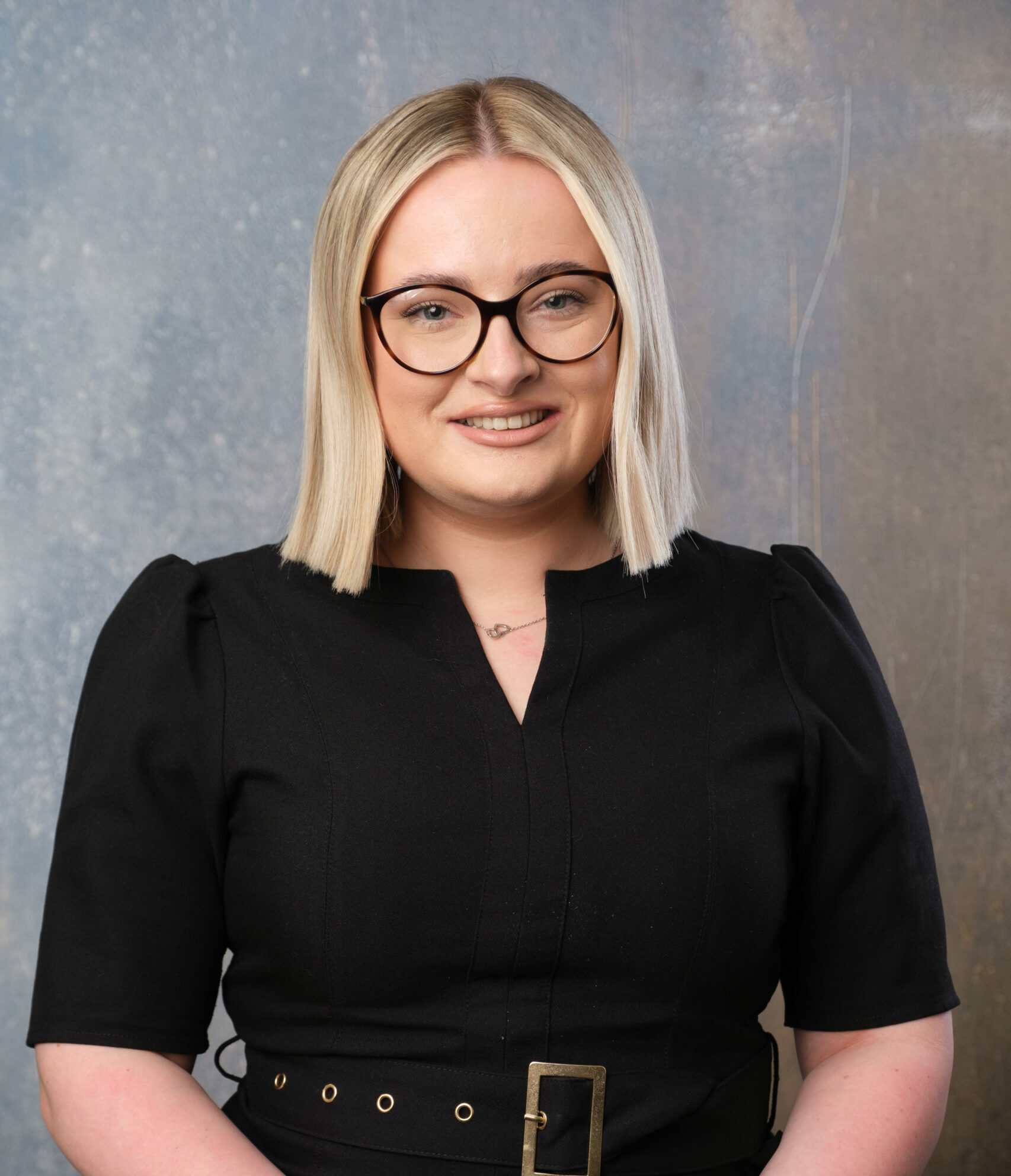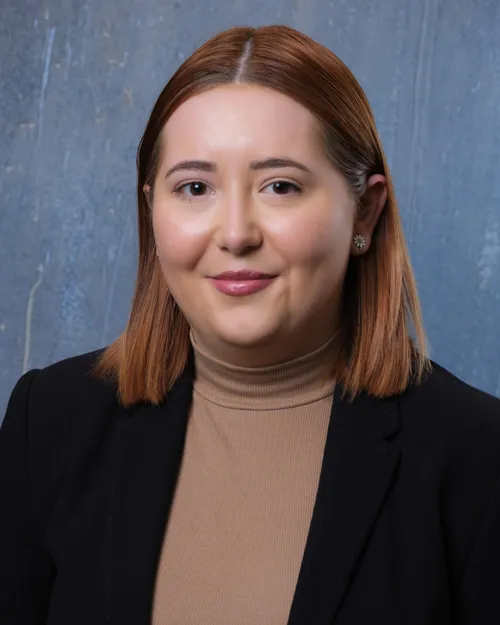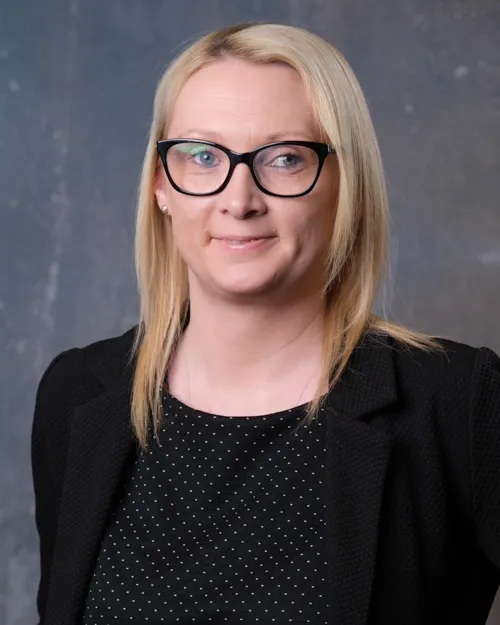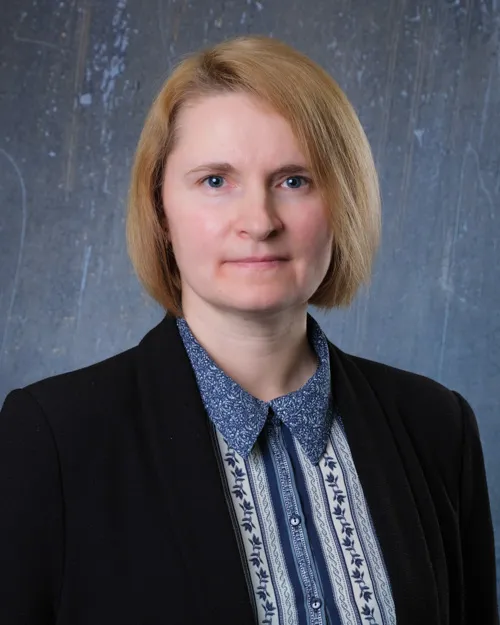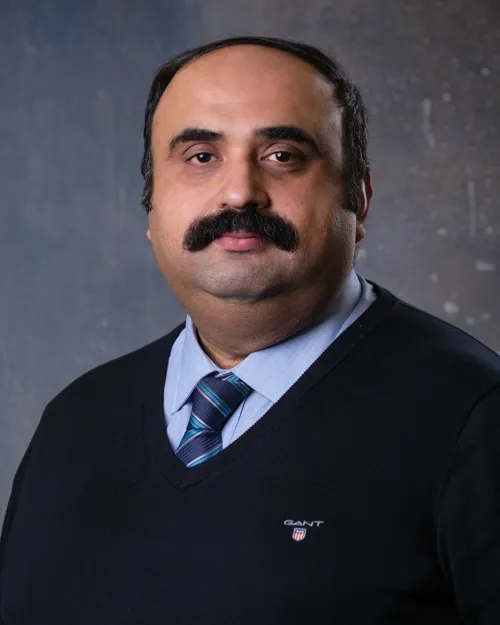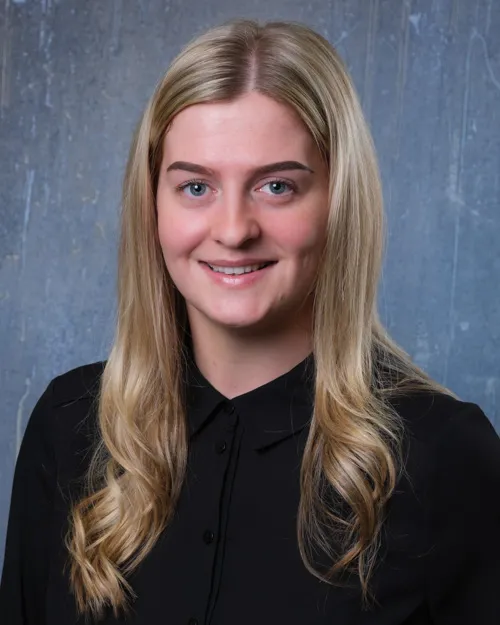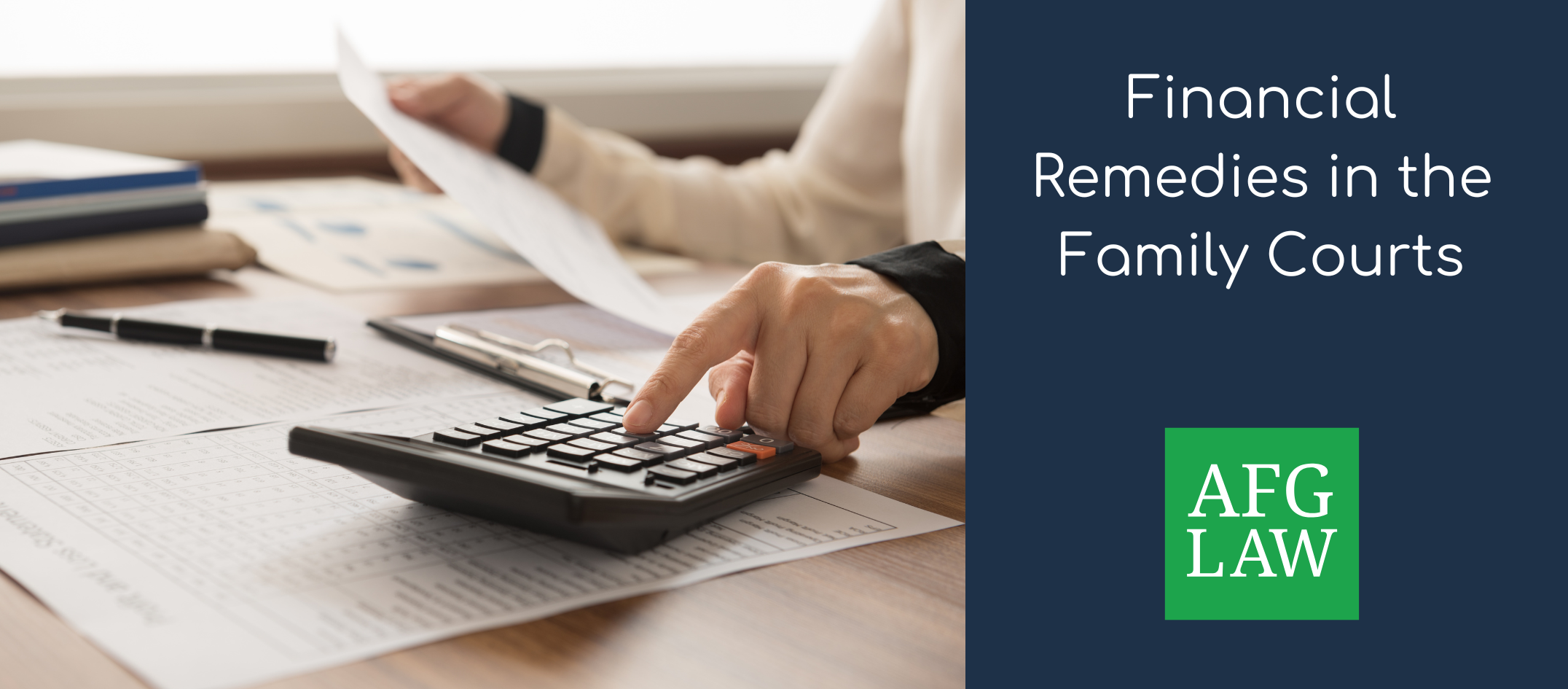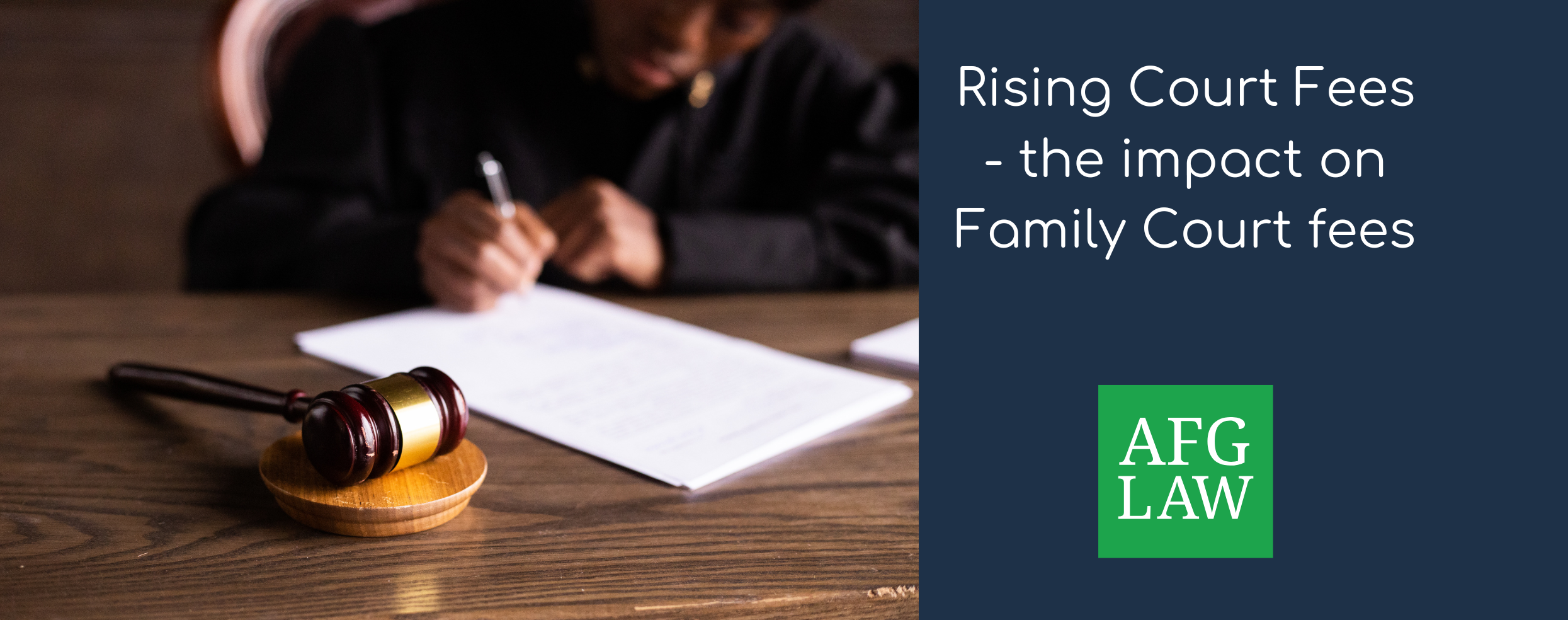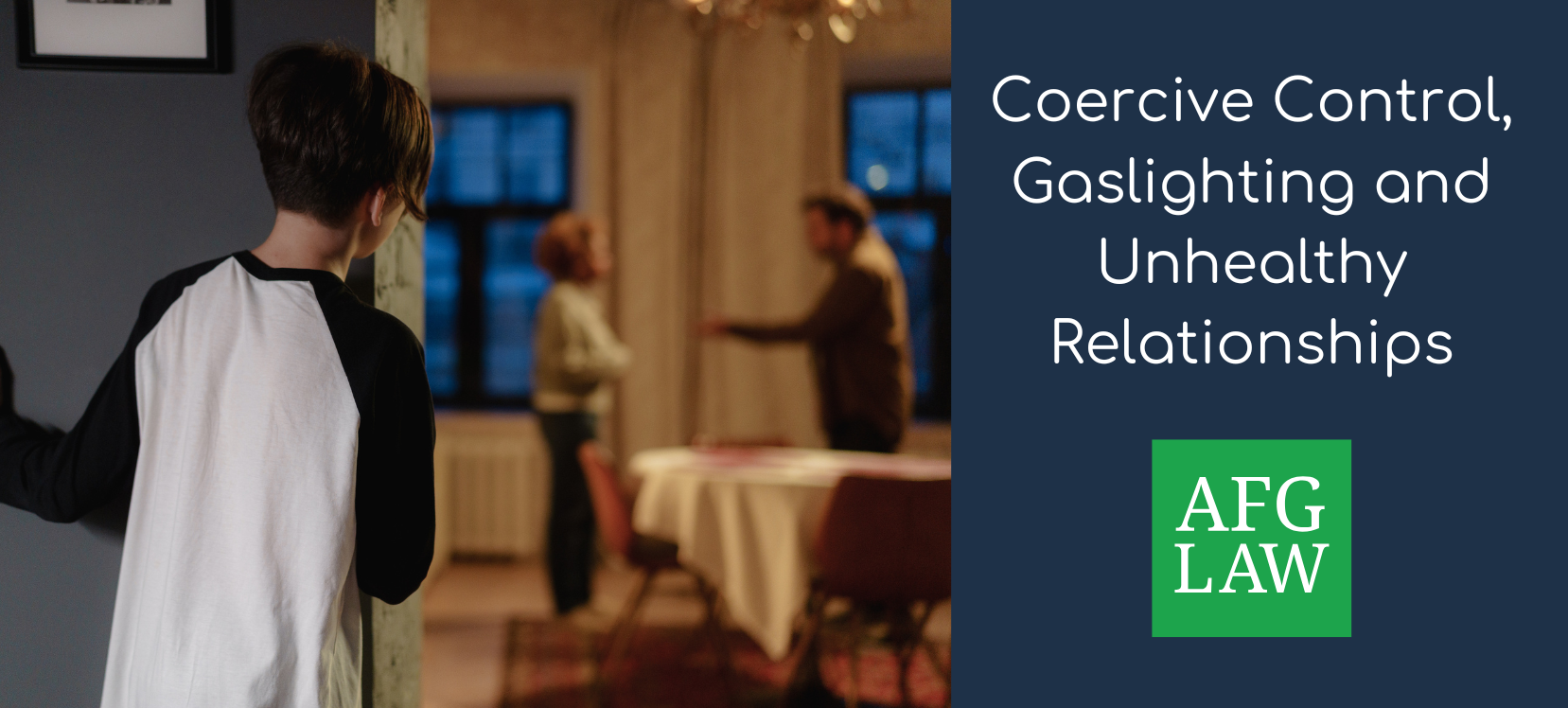At AFG Law, we know that children are at the heart of every family; we all want our children to experience the best care and support. We also know that if issues are raised as to the welfare of your children, whether by a concerned party or more formally via Social Services, it can be concerning and confusing to deal with, particularly if care proceedings are initiated.
What are Care Proceedings?
If concerns about the welfare of your child are raised by Social Services, and no improvements arise or if there is an urgent care concern, care proceedings may be issued by your local Council to seek a care order in respect of your child or children. In urgent cases, an emergency protection order application may be made for the immediate removal of a child from your care, and until a definitive conclusion is reached as to care proceedings. Whilst the issuance of proceedings may cause a parent to feel victimised, the main purpose is to address potential concerns raised by local children’s services, family services or someone close to the family, and ensuring the safety and wellbeing of a child.
The Court may also become involved along this process to determine a decision based on whether your child needs supervision via Social Services, or should be placed elsewhere (preferably with family members in the first instance) to fulfil their care needs.
Without the aid of professional advice this legal process can be extremely daunting. It is imperative you obtain legal assistance to deal with the complexity of legal proceedings, and ensure the best result is achieved for you and your family.
What Are the Possible Outcomes to Care Proceedings?
Care Order
A care order is issued by a Court in England and Wales when it determines that a child is at significant risk of harm and that intervention is necessary to protect their welfare. The reasons for issuing a care order fall under two main criteria established in the Children Act 1989. Below are some key reasons why a care order might be made:
- Risk of the child suffering significant harm now or in the future (this can be physical abuse or emotional harm);
- Neglect, such as leaving children without adequate supervision, or in seriously unkempt conditions;
- Sexual abuse or exploitation;
- Parents unable to provide adequate care, either due to additional needs of the parent or child;
- Abandonment;
- Unstable living environment;
- Lack of cooperation with Support Services, particularly when concerns have been raised and have not been responded to, or access has not been provided to Social Services to ensure a child is keeping well;
- Siblings already in care, indicative that there are pre-existing concerns and that these may not have been addressed.
If care proceedings are deemed necessary by the Local Authority, the typical process that takes place follows an initial application being made to the local Family Court for an interim Care Order or Supervision Order (this places a child into Local Council care on a temporary basis of up to 8 weeks). If urgent removal of the child is required, it is usually at this juncture that any application for an Emergency Protection Order will also be made which will be heard urgently by the Court.
Initial gatekeeping directions will be provided when a Local Authority decides to apply for a care order or a supervision order, in order to appoint a Judge and venue for the proceedings to take place.
Subsequent case management hearings will set out the evidence required to assess the Local Authority’s application, and expert evidence may be needed during the course of proceedings, which may be an Independent Social Worker to assess the child’s living arrangements or to assess alternative family members as potential carers. Medical experts may also need to be involved, if an assessment of a parent is needed to determine capacity to look after a child (Psychologist or Psychiatrist expert), or if an assessment of a child is needed to determine the cause of any injuries they have presented with.
At the conclusion of proceedings, either at an Issues Resolution Hearing or Final Hearing, if a final Care Order is made, this will often result in the Local Council supporting and sharing the responsibility of caring for a child with the birth parents (the specific circumstances of which is set out within the context of a care plan). This will then lead to the Local Authority gaining parental responsibility for your child, as well as granting permission to determine where your child can live.
The 26 week timeframe (approximately 6 months) is a key guideline in the public law outline for the UK to proceed to a final hearing and reach a conclusion of care proceedings under the Children and Families Act 2014. It applies to cases involving care orders or supervision orders, and this can be extended dependant on whether further evidence needs to be collected, or due to Court backlogs.
Placement Order
A further application may be made for a Placement order under the Adoption and Children Act 2002 if the Local Authorities believe it is in the child’s best interest to be placed into foster care or if the child is considered to be in danger. Here, the additional possibility of adoption can take place if suitable adopters meet requirements and are suitably matched to the child. Whilst birth parents do reserve the right to refuse consent for the child to be adopted, the welfare of the child is the Court’s paramount consideration. Even if parents object, the Court can still make the order if it believes adoption is in the best interest of the child, especially if the parents’ ability to care for the child is in question during Court hearings.
A Placement Order can also be attained in the event there is no living parent or guardian to give consent. A Care Order is typically required before a Placement Order is granted, unless the Court agrees the case meets the threshold necessary for the child to be placed with foster carers sooner.
It is of paramount importance to understand that the parties involved, including the Court, will always prefer an option that places a child either under the care of their birth parents (with supervision or additional support in place), or close family members, such as grandparents so as to cause minimal disruption to a child.
Adoption Order
Adoption Orders remove the parental and legal responsibility from birth parents and transfer them to the adoptive parents. This process legally establishes a permanent relationship between the child and the adoptive parents. The time frame is usually around 6 months for an adopter to receive the ability to adopt, but time is also needed to match the right child to the proposed adopter.
The welfare of the child is, above all, the most important priority for the Court and will consequently determine how swift the process is. If the birth parent does not consent for the child to be adopted, a Court judge will have to decide that this is the absolute necessary course of action.
All aspects of care proceedings can prove for a tricky period for any family involved. Adoption is the last resort for the high Court as it has a significant effect on the child and the family involved. At AFG Law, our Family Law team are here to provide first class compassionate guidance to any family experiencing potential separation from a child.
The Rights of Parents, Grandparents and Extended Family
Birth parents generally have parental responsibility for their child unless a Court order removes or restricts it, as may happen during care proceedings. Parents have the right to participate in these proceedings, contribute to decisions about the child’s welfare, and retain contact with the child unless a Court determines that restrictions are necessary for the child’s best interests.
All parents involved in care proceedings for a care order or supervision order, regardless of their income or the likelihood of the case being successful, are entitled to financial support. This support may be provided either through child arrangement order allowances or legal aid. At AFG we can support your access to this.
Subject to its relevance and severity of the case, decisions about the child’s upbringing, including education, religion, and healthcare, may also remain the right of the birth parent. With the correct legal support, this right should remain despite final decisions.
Grandparents and Extended Family
A common concern often raised during Care Proceedings is the negative effect on relationships between the child and grandparents or extended family after a child is placed in care or adopted. In the case that a child’s legal guardianship is disputed, and discussions break down, a grandparent or extended family member is not automatically considered for parental responsibility.
If necessary, grandparents and extended family that wish to become the primary caregiver and take parental responsibility for a child may apply for a Special Guardianship Order. This is often the most desirable route if a child is suitable to be cared for by their grandparents and they have a suitably legally secure placement, and it is not viable for the child to continue living with their birth parents. This presents a sensible middle-ground to ally Local Authority concerns, but also allow the birth parents to exercise contact with the child.
This process can be sensitive, and the Court’s decision will fall on what they believe will benefit the child the most.
How can AFG Law Assist in Care Proceedings?
AFG law specialises in providing legal support to families during the course of care or supervision proceedings, and are one of the biggest teams dedicated to Family Law in Manchester.
Our friendly and skilled Solicitors, including Child Concern members, Resolution members, Law Society Accredited Children Law specialists and Higher Rights Advocates can provide clear and concise guidance to support you with any part of family law proceedings. We also have valued connections with various support services and barristers to ensure you receive the best support possible.
If children’s services have become involved with your family, and are discussing issues regarding child protection, making an application to the Court, or taking your children from you, contact us immediately to see if we can help. Our friendly solicitors will listen to your concerns and provide clear, succinct legal advice so you understand what is going on at every stage of the process.
If you have any further questions regarding care proceedings or if you require legal advice on any of the information listed above, please call 01204 920 100 to speak with AFG Law’s expert family and care team who can support you in all aspects of family law. Alternatively, you can email one of the team members at familysolicitor@afglaw.co.uk.
AFG Law have multiple offices with family teams and care solicitors in Manchester, including Stockport, Bolton and Bury. We can also assist clients with their family dispute remotely.
